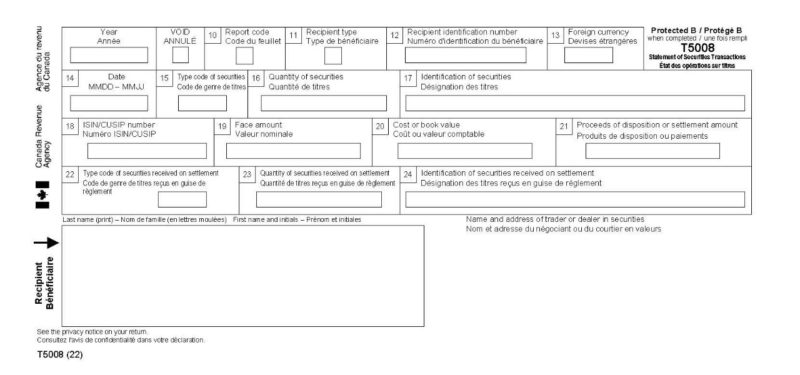This is a very common question among small business owners, and the answer depends on a number of factors.
THE ADVANTAGES OF INCORPORATING
Limited Liability – Operating your business through a corporation provides some security against personal liability. It makes it more difficult for someone to go after your personal assets if the business defaults on its debts. If you operate your business as a proprietorship, your personal assets such as your home could be at risk. However, if your corporation applies for a business loan your banker may still require a personal guarantee in some circumstances.
Tax Savings and Deferral – In Ontario, most Canadian-controlled private corporations can earn up to $500,000 profit from their business and only pay a 12.2% tax rate on this income. This is considerably lower than personal tax rates. Therefore, there is more money left over to reinvest into the business such as purchasing more equipment or hiring more employees. You should note that the profits need to stay in the corporation. If taken out, they must be taxed as either a salary or a dividend to the individual. At that point, the tax deferral is lost.
Income Splitting – Income splitting can be a major reason for incorporating your small business. Dividends can be paid to other family members who have shared ownership. However, this has changed significantly due to some new tax legislation. The ability to pay dividends to other family members depends now on the amount of share ownership and their involvement in the business. You need to consult a tax professional before making any decisions on share ownership where other family members are being considered.
Lifetime Capital Gains Exemption (LCGE) – The LCGE allows some incorporated businesses to be sold at a gain of up to $971,190 per individual without paying any tax. There are a few specific requirements that must be met before the LCGE can be claimed on the sale of an incorporated business, but with a successful business and proper planning, the possibility is there.
Estate Planning – A corporation is a separate entity to you, so it continues to live on regardless of what happens to you. This can be helpful when planning to transfer your assets to others. It is much simpler to pass on to the next generation shares of your corporation rather than all of the assets that would be held by you directly if the corporation did not exist. If you accumulate significant wealth inside your corporation, you could freeze the value of your estate and thus tax bill on death and let future growth accrue to your children. In Ontario, you could draft a second will that deals with just your ownership in your corporation. This allows the shares of the company to pass to your beneficiaries without estate administration taxes (probate fees). These are just a few examples of how corporations provide more flexibility.
Canada Pension Plan (CPP) – If you are a self-employed proprietor and have business income at or above $66,600 in 2023, you will pay CPP of almost $7,508.90. If you transferred your business to a corporation and began paying yourself dividends you could eliminate this annual cost. However, a decision such as this needs to be part of an overall plan. There may be times you wish to remunerate yourself by way of dividends, and other times by way of a salary. A corporation gives you that flexibility.
THE DISADVANTAGES OF INCORPORATING YOUR BUSINESS
Administration – The main disadvantage of incorporation comes in the form of administration, which translates to additional costs. Since the corporation is a separate entity, it has to file its own income tax return. To do so you will need appropriate accounting records so you can produce annual financial statements, which include an income statement and a balance sheet. You should hire an accountant to look after this. You will also need to incur legal costs to incorporate the business and prepare the annual minutes and other filings required by the Business Incorporations Act.
Losses Are More Difficult to Use – It’s not uncommon for start-up businesses to incur losses at first. When you operate a proprietorship and incur a loss, you can deduct that loss against your other personal income. If you were operating that same business through a corporation, the loss could not be applied to your personal income. Instead, the loss can be applied to another year’s corporate tax return to reduce tax within the company only. The company could carry the loss backward for up to three years to receive a refund of some previously paid taxes. Alternatively, the company can carry the loss forward up to twenty years to reduce taxable income on a future return.
If you have any questions, we invite you to contact a DJB tax professional.









